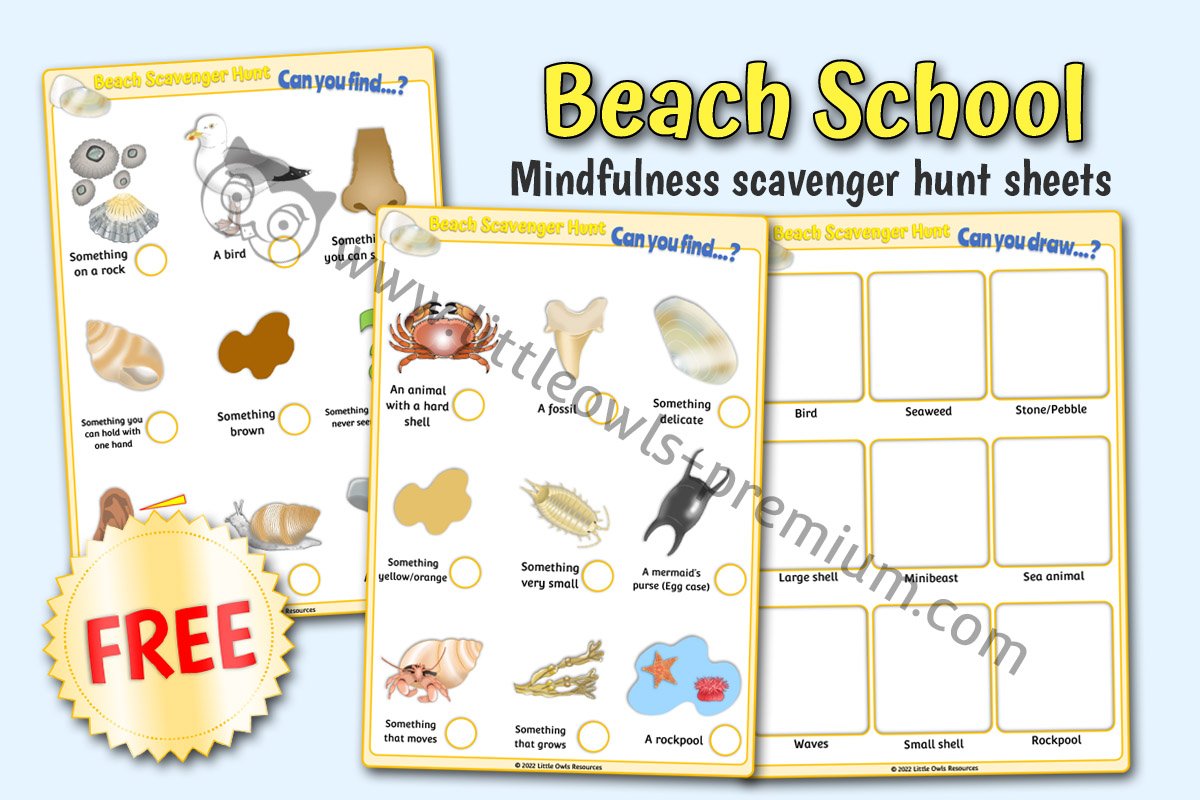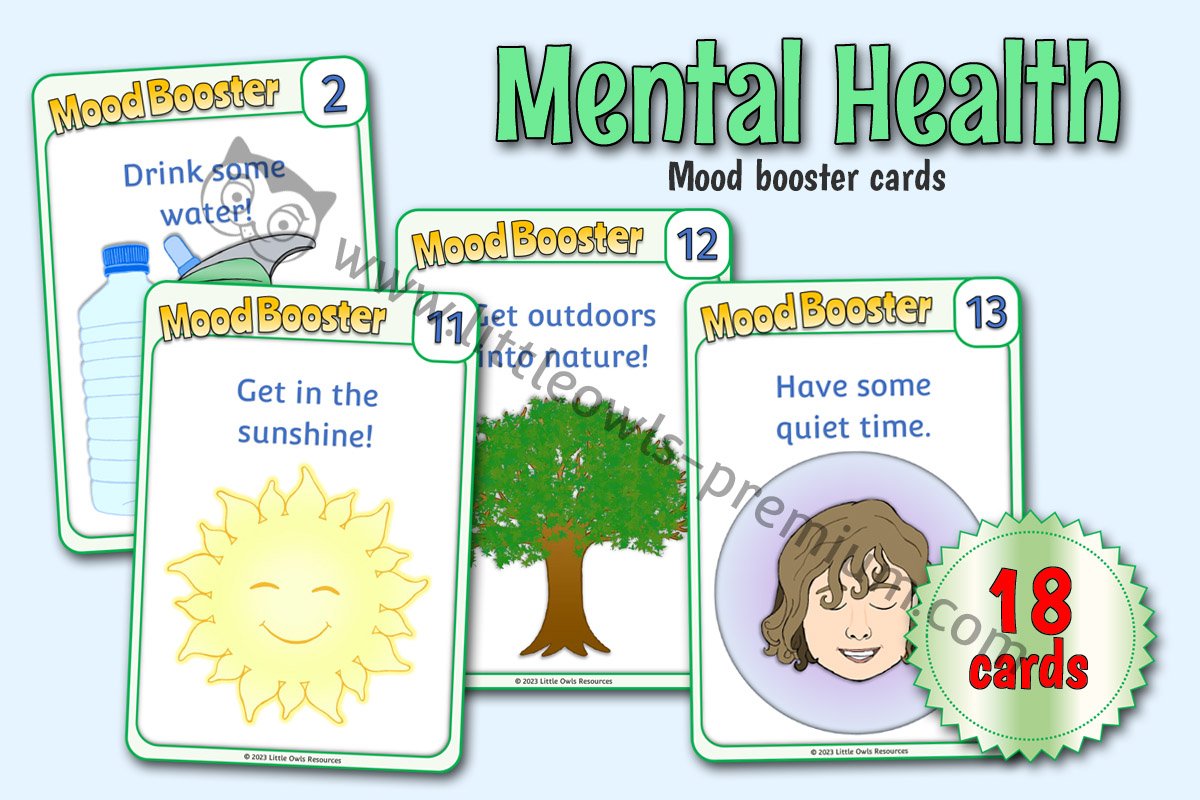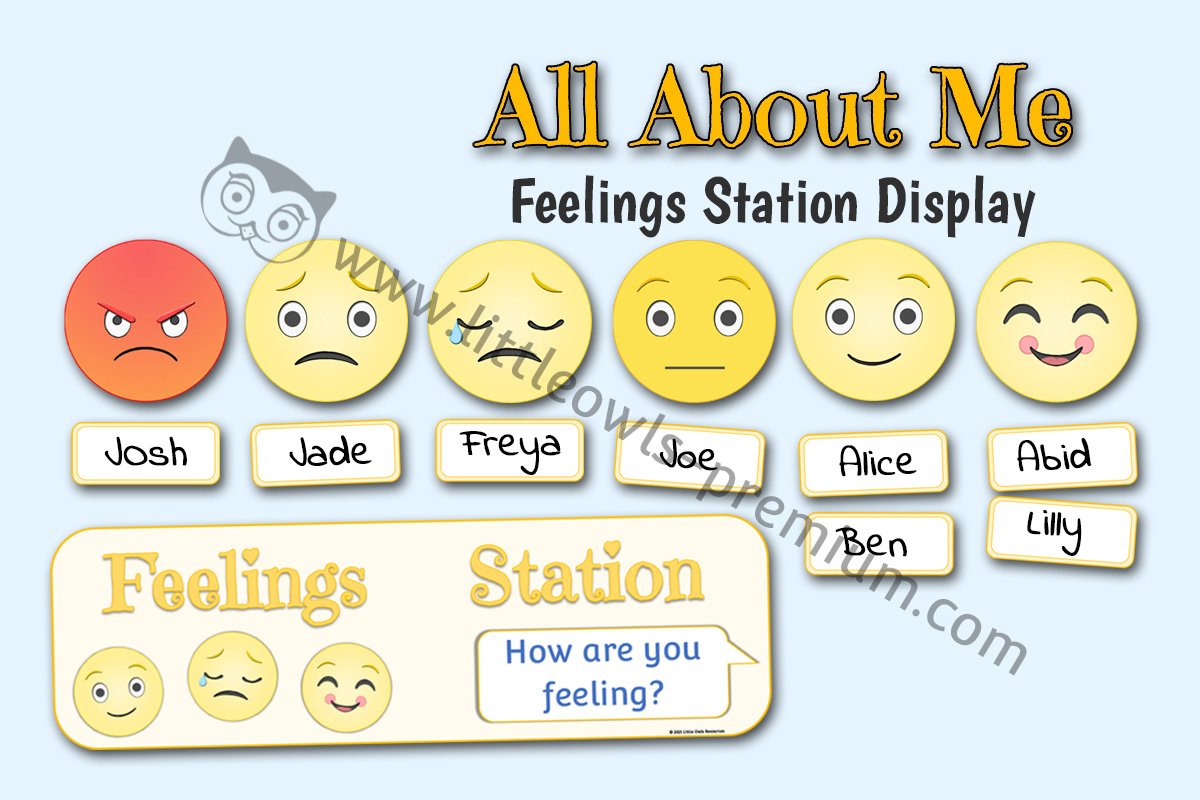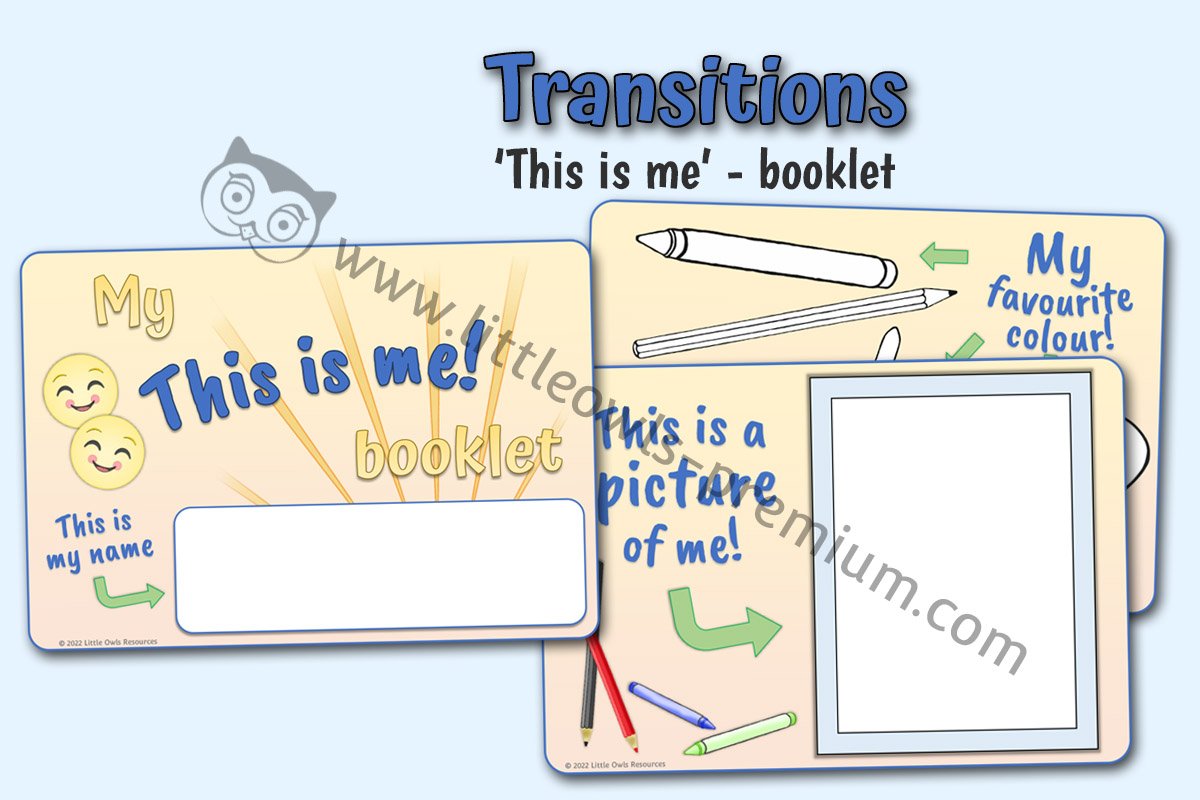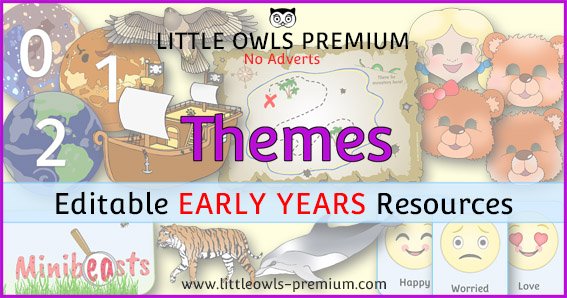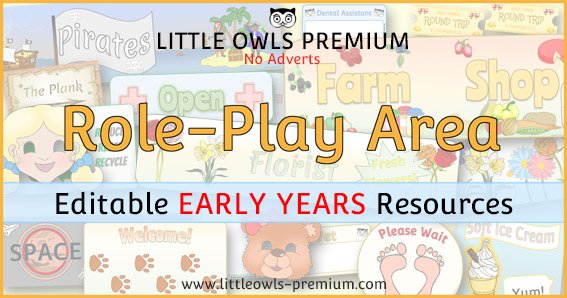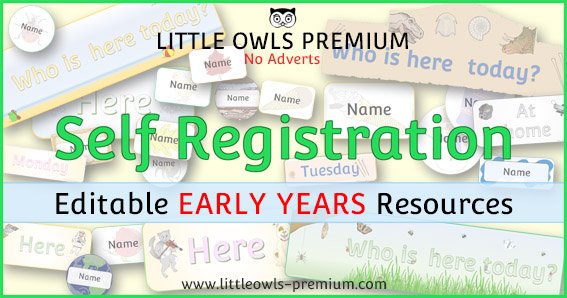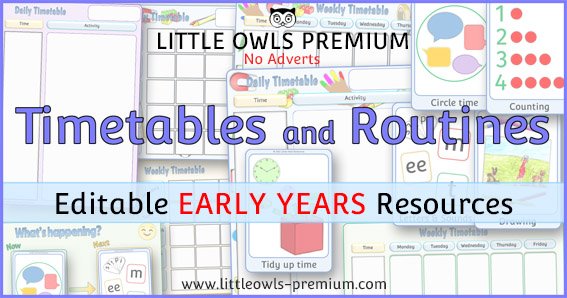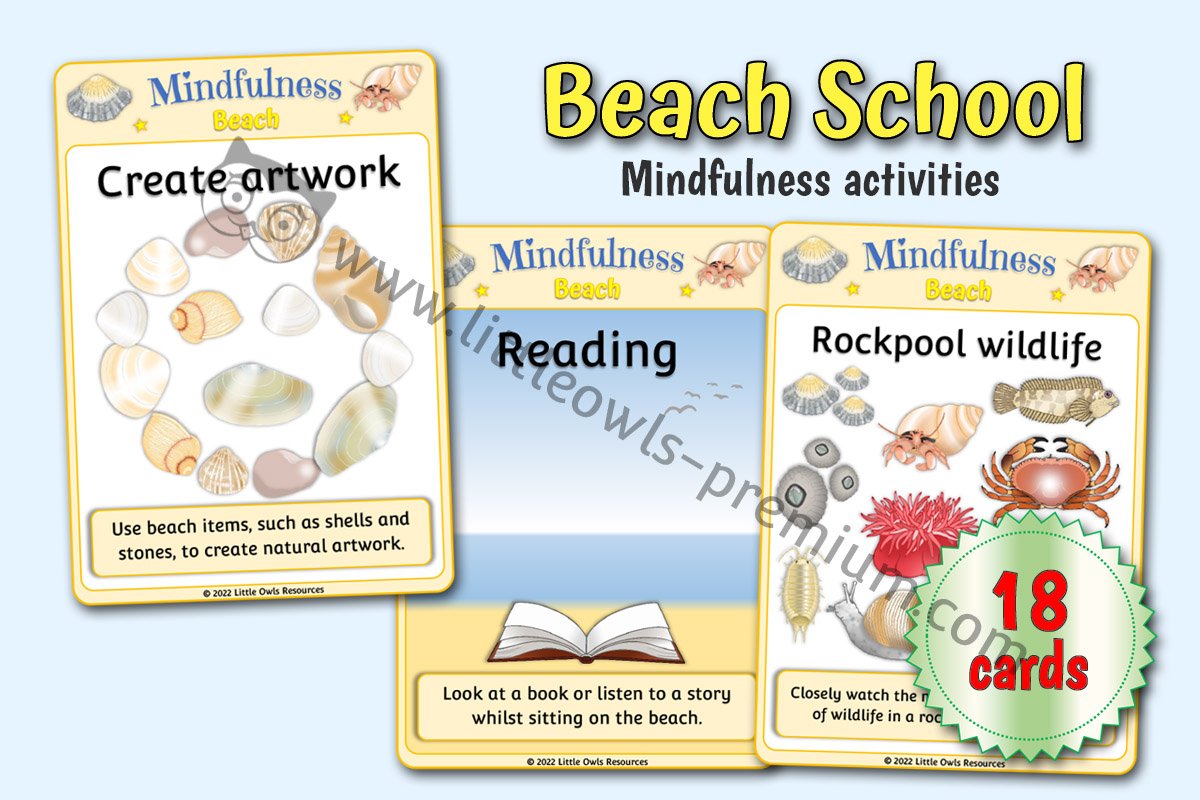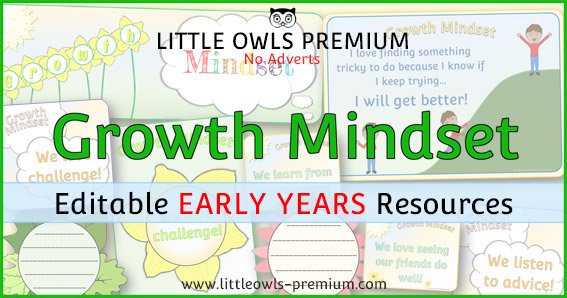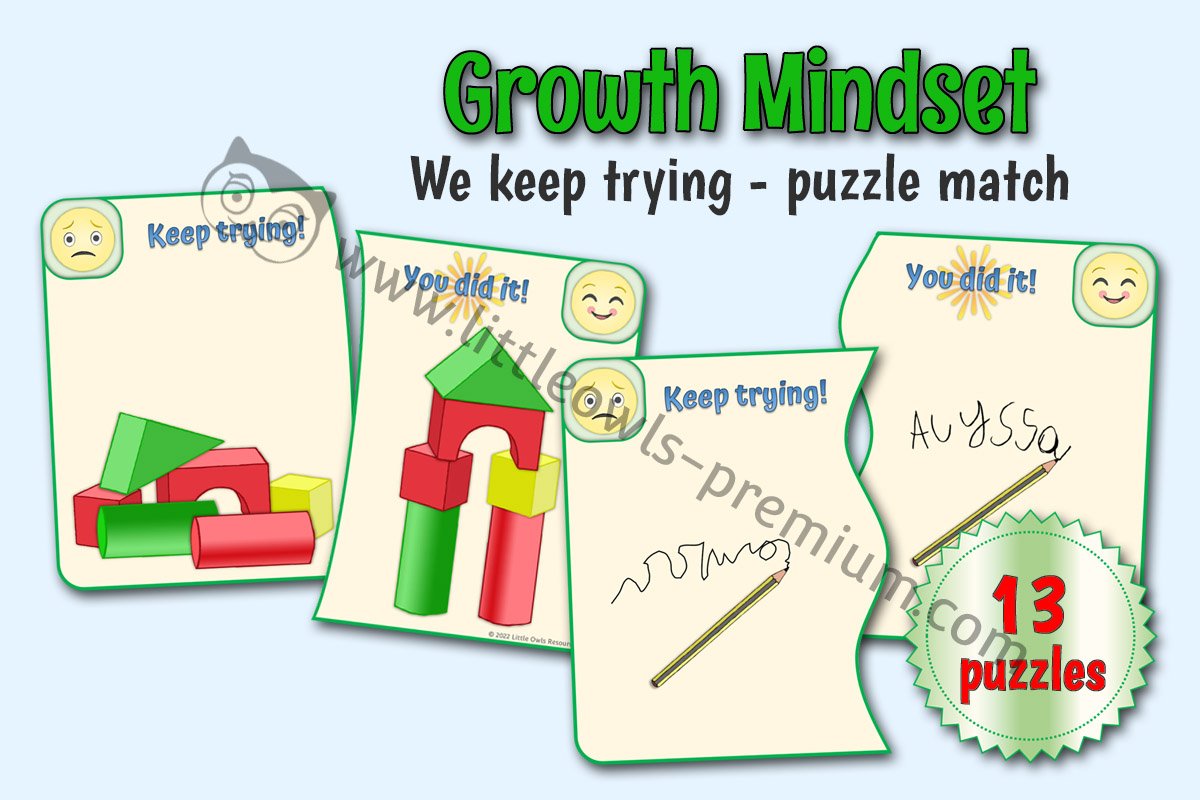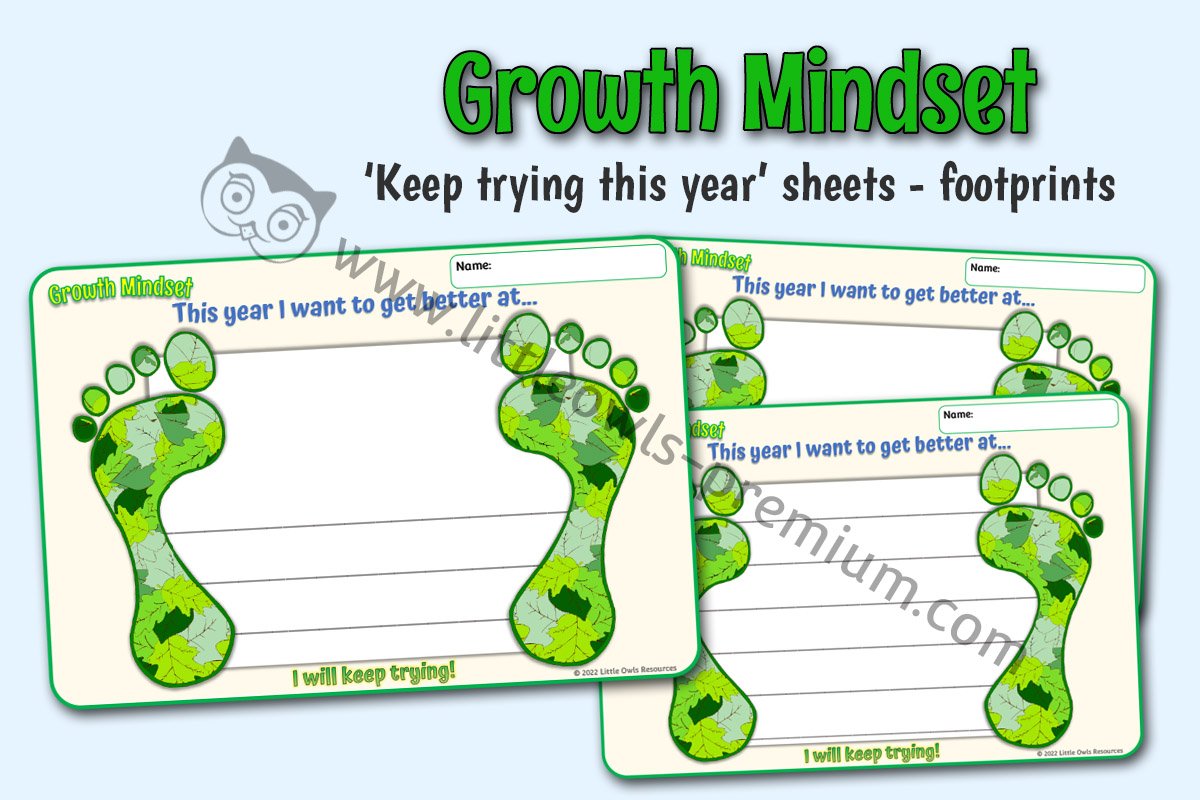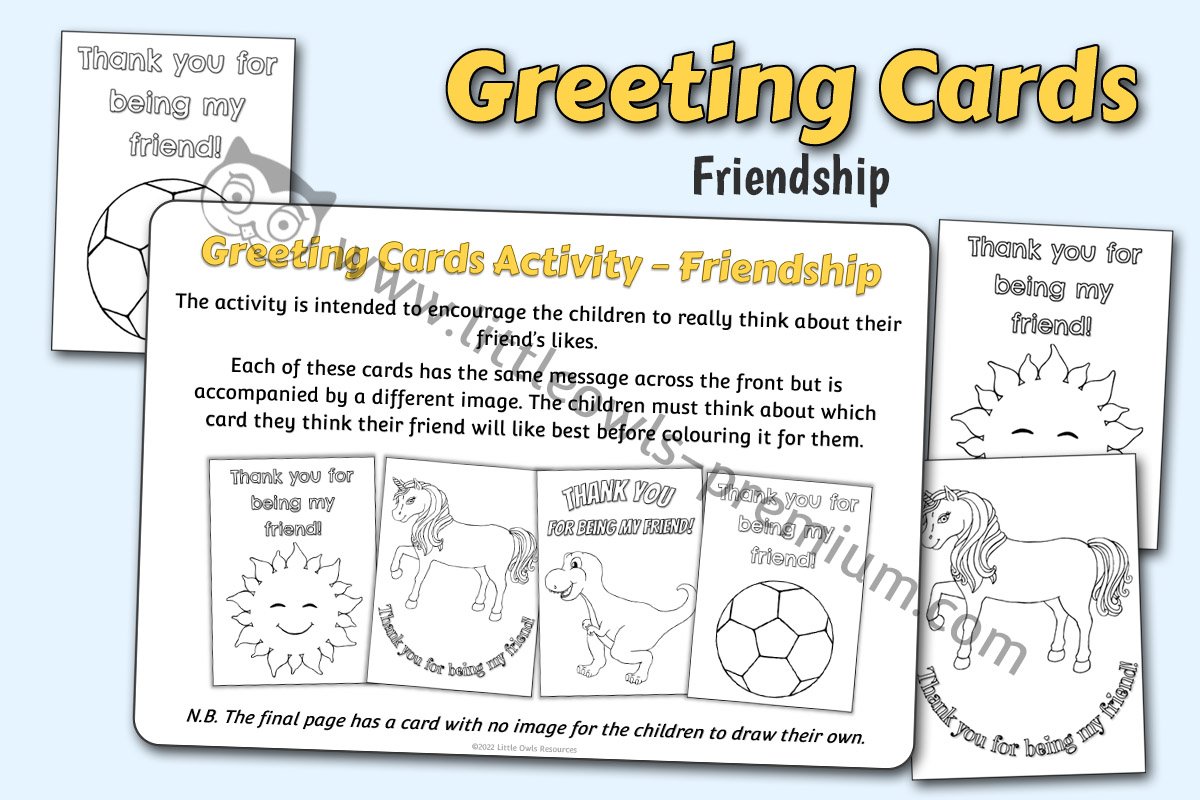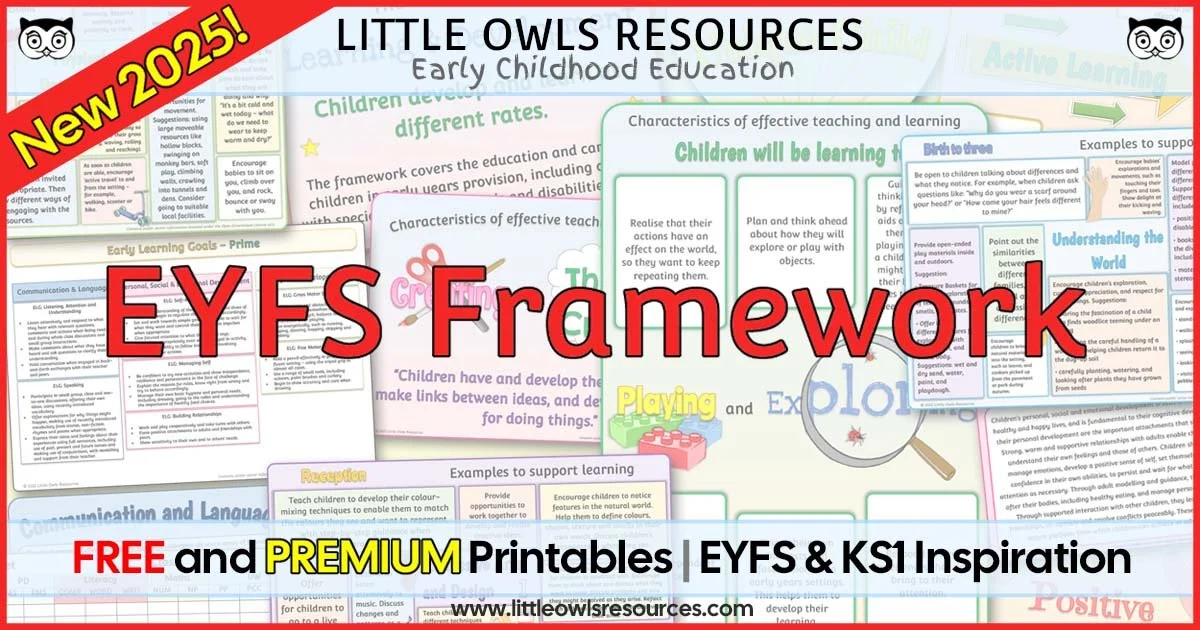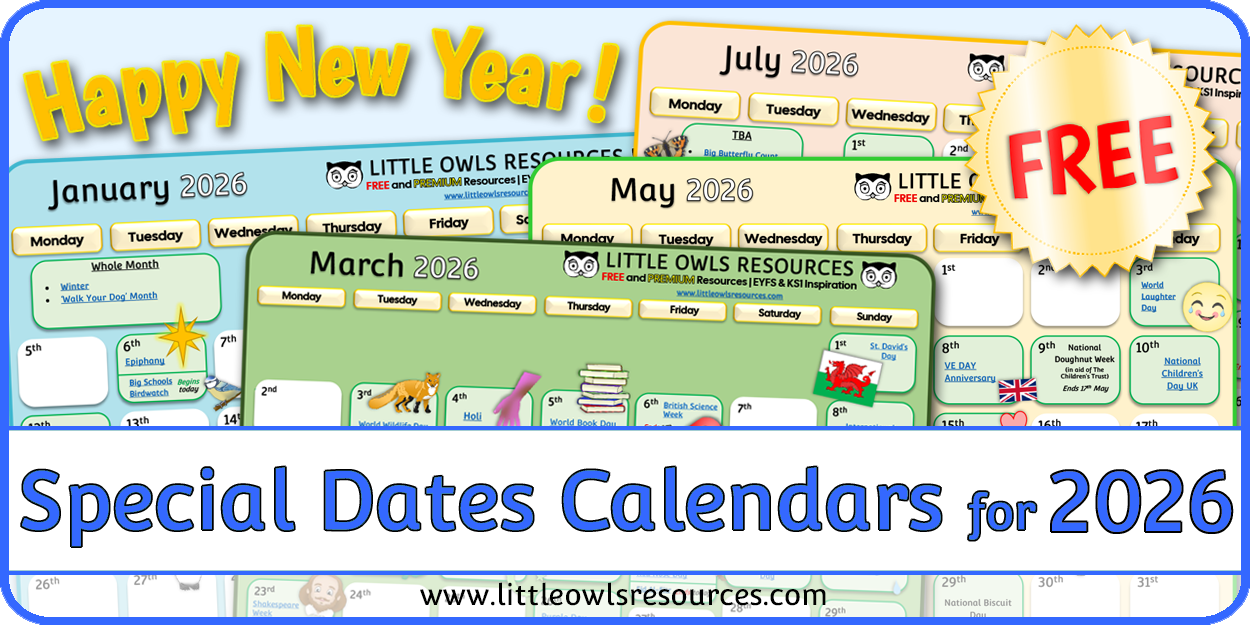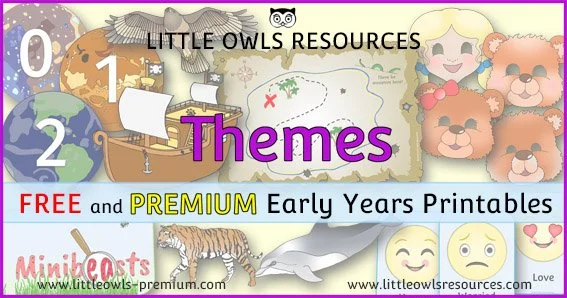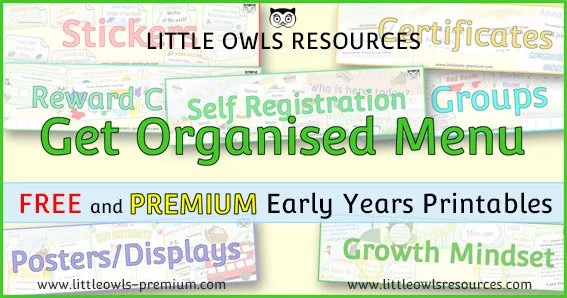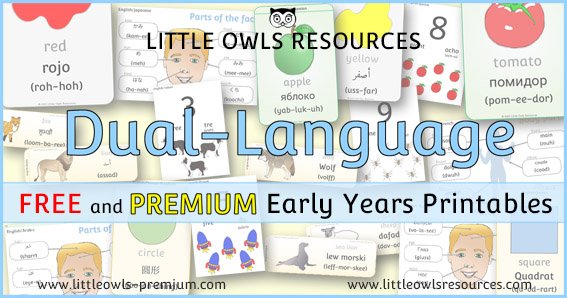Mental Health - EYFS/Early Years activities, Displays and ideas
SECTIONS ON THIS PAGE:
Free Sample Resources
Core ‘Taking care of our mental health - Healthy Mind’ Resources
Key ‘Mental Health’ sub-areas:
Understanding and Identifying Feelings
Connecting with people/loved ones
Exploring and Developing Personal Interests
Structure and Routine
Sleep
Healthy Food and Water
Exercise
Connecting with Nature
Growth Mindset (as opposed to fixed) - ‘I can’t do this…YET’
Kindness and Helping Others
Thankfulness - finding small positives
Related special dates - World Mental Health Day, Children’s Mental Health Week, Time to Talk, World Sleep Day, Mental Health Awareness Week (Scroll down to find out more)
Additional pages/topics/themes you may be interested in (scroll down to browse)
FREE ‘Mental Health’ Printables | Early Years
Join for free and download our inspirational ‘Mental Health’ themed educational resources in this ‘Free Samples’ section!
(Click on the images below to find out more)
If you are not a member already, become a ‘Free Access’ member here. This will give you access to resources within the ‘Free Sample Resources’ sections at the top of most pages and ‘Special Dates Calendars’. Some whole topics are even free! Find out more about all of our membership options here. If you are already a member… thank-you! x
Please note that both Editable (docx file) and non-editable (pdf file) versions are available for all ‘Mental Health’ resources. (Editable files require Microsoft Word to work at optimum level and Non-Editable files require a pdf viewer.)
Click on the thumbnail images below for further details…
Core ‘Taking care of our mental health - Healthy Mind’ Resources
Mental health is something which effects everyone and taking caring of it is important. We have created some overarching resources here which give an overview of the key areas which feed into our mental health, but please do scroll down further to see additional detail and specific resources concerning the various areas. These include: - Understanding and Identifying Feelings - Connecting with people/loved ones - Exploring and Developing Personal Interests - Structure and Routine - Sleep - Healthy Food and Water - Exercise - Connecting with Nature - Growth Mindset (as opposed to fixed) - Kindness and Helping Others
Below are links to relevant websites we have found useful during our research concerning mental health and resources we have made which we hope you and your children will enjoy!
Links
NHS Every Mind Matters
https://www.nhs.uk/every-mind-matters/supporting-others/childrens-mental-health/
Mind
Resources - Click on the following resources below to take you to relevant pages. Have fun!
Key ‘Mental Health’ sub-areas:
Understanding and Identifying Feelings
A key part of safeguarding mental health is understanding, identifying and dealing with emotions. We can help children to identify their emotions by naming feelings whilst they are having them, taking part in activities such as our ‘Emotion of the Day’ (featured below), talking about what an emotion looks like when we experience it and what feelings we experience in response to certain situations, stories, art, etc. A large part of dealing with negative emotions is understanding that they will pass and exploring things that we can all do to help them pass more quickly. We have some great new ‘Mood Buster’ resources which we hope will help with this (along with many additional resources on our ‘Emotions and Feelings’ page).
Below are resources we have made which we hope you and your children will enjoy!
Resources - Click on the following resources and buttons below to take you to relevant pages. Have fun!
Visit our ‘Emotions and Feelings’ topic page…
Connecting with people/loved ones
As identified in Children’s Mental Health Week’s 2023 theme ‘Let’s Connect’, the relationships that we build are crucial for creating emotional support networks. Being able to connect with others in a positive way is vital for our mental health and sense of wellbeing.
Below are links to relevant websites we have found useful during our research concerning mental health and resources we have made which we hope you and your children will enjoy!
Links
Children’s Mental Health Week - Let’s Connect
https://www.childrensmentalhealthweek.org.uk/
Time To Talk Day
Resources - Click on the following resources and buttons below to take you to relevant pages. Have fun!
Exploring and Developing Personal Interests
We all thrive when we feel inspired and purposeful. Finding something that interests us can give children and adults alike, a mood lifting boost. Even better if these interests include other mental health benefits such as being creative, getting out in the fresh air, exercise, nature or connecting with people.
Resources - Click on the following resources and buttons below to take you to relevant pages. Have fun!
Structure and Routine
Routines and structure help us all to feel more secure. Familiar routines/activities can give us a cosy feeling and structure to our days helps us to feel a little more grounded. Not to mention the added benefits that structure and routine helps with organisation, behaviour management, developing independence skills and more!
Resources - Click on the following buttons below to take you to relevant pages. Have fun!
Sleep
A good sleep routine and resulting quality sleep can make the world of difference to anyone’s mood and ability to cope with negative emotions when they arise.
Below are links to relevant websites we have found useful during our research concerning mental health. (‘Sleep’ topic coming soon.)
Links
NHS Great Ormond Street Hospital for Children
https://www.gosh.nhs.uk/conditions-and-treatments/procedures-and-treatments/sleep-hygiene-children/
The Sleep Charity
https://thesleepcharity.org.uk/information-support/children/relaxation-tips/
Mentally Healthy Schools
https://mentallyhealthyschools.org.uk/risks-and-protective-factors/lifestyle-factors/sleep/
NHS Children and Adolescent Mental Health Services
https://camhs.hacw.nhs.uk/sleep/
Anna Freud National Centre for Children and Families
https://www.annafreud.org/early-years/early-years-in-mind/common-difficulties/sleep/
Nursery World
https://www.nurseryworld.co.uk/features/article/eyfs-best-practice-all-about-sleep
Resources - Click on the following resources below to take you to relevant pages…
Healthy Food and Water
According to the article ‘How is children’s mental health associated with nutrition?’ written on ‘Open Access Government’, a study found that children who eat more nutritional diets, with more fruit and vegetables, have better mental health and wellbeing. Dr Richard Hayhoe from UEA’s Norwich Medical School, said: “We found that eating well was associated with better mental wellbeing in children. And that among secondary school children in particular, there was a really strong link between eating a nutritious diet, packed with fruit and vegetables, and having better mental wellbeing.”
Below are links to relevant websites we have found useful during our research concerning mental health and resources we have made which we hope you and your children will enjoy!
Links
Open Access Government
https://www.openaccessgovernment.org/better-mental-health-in-children-better-diet/124865/
Resources - Click on the following resources and buttons below to take you to relevant pages. Have fun!
More ‘Fruit and Veg’ resources available here…
Exercise
Studies have shown that physical activity can improve mental health. Being more physical just means sitting down less and using our bodies more. There are a variety of ways we can all improve the amount of physical activity we do. The benefits to mental health include better sleep, feeling happier due to the release of ‘feel-good’ hormones, managing stress and anxiety due to the release of cortisol, connecting with people during team activities and more.
Below are links to relevant websites we have found useful during our research concerning mental health and resources we have made which we hope you and your children will enjoy!
Links
Mind - Physical Activity and your Mental Health
Resources - Click on the following resources and buttons below to take you to relevant pages. Have fun!
Connecting with Nature
Research has shown that connecting with nature has huge mental health benefits. This could be exploring green or blue spaces such as parks, forests, rivers, wetlands or beaches or experiencing nature closer to home such as an outdoor area/garden, a tree lined street in an urban area or indoor plants/window boxes. Even listening to birds singing from our windows, noticing the weather or watching nature documentaries can have a positive effect on our mental health! So wherever you are, why wait? Do something to explore, investigate or just experience our beautiful natural world!
Below are links to relevant websites we have found useful during our research concerning mental health and resources we have made which we hope you and your children will enjoy!
Links
Mental Health Foundation
Resources - Click on the following resources and buttons below to take you to relevant pages. Have fun!
Growth Mindset (as opposed to fixed) - ‘I can’t do this…YET’
People with a ‘growth mindset’ believe that their abilities can be changed and therefore they have the capacity to get better at things as they work hard and practice. On the other hand a ‘fixed mindset’ is where people believe that ability/intelligence are fixed and so hold the opinion that if they are not good at something, they will never get good at it. Fostering a growth mindset in young children is important for their mental health so that they can develop a positive sense of self and the motivation to keep trying.
Below are links to relevant websites we have found useful during our research concerning mental health and resources we have made which we hope you and your children will enjoy!
Links
NHS - Mental Health Awareness Week – Developing a growth mindset
https://www.bartshealth.nhs.uk/blogs/mental-health-awareness-week-developing-a-growth-mindset-8278
Resources - Click on the following resources and buttons below to take you to relevant pages. Have fun!
Kindness and Helping Others
Yes, research has show that being kind improves our emotional well-being. “Kindness is choosing to do something that helps others or yourself, motivated by genuine warm feelings. Kindness, or doing good, often means putting other people’s needs before our own. It could be by giving up our seat on a bus to someone who might need it more, or offering to make a cup of tea for someone at work. Evidence shows that helping others can also benefit our own mental health and wellbeing. For example, it can reduce stress as well as improve mood, self-esteem and happiness.” ‘Kindness Matters Guide’ mentalhealth.org.uk
Below are links to relevant websites we have found useful during our research concerning mental health and resources we have made which we hope you and your children will enjoy!
Links
Mental Health Foundation
https://www.mentalhealth.org.uk/explore-mental-health/kindness/kindness-matters-guide
Resources - Click on the following resources and buttons below to take you to relevant pages. Have fun!
More ‘Kindness’ resources available here…
Thankfulness - finding small positives
Research has shown that thankfulness and gratitude is strongly related to greater happiness. People who regularly express gratitude for the positive things in their lives have been found to be happier overall. Gratitude has also been linked to a more positive outlook on life and improved connectedness and social bonds with others. (‘Thankfulness and Gratitude’ topic coming soon!)
Related Special Dates:
World Mental Health Day
World Mental Health Day is an international day observed on October 10th every year to raise awareness about mental health issues, promote mental health education, and advocate for better mental health care globally. It is supported by the World Health Organization (WHO) and the World Federation for Mental Health (WFMH), which first established the day in 1992.
Objectives of World Mental Health Day:
Raise Awareness: Bring attention to mental health issues and reduce the stigma surrounding mental illness.
Promote Mental Health Care: Advocate for access to mental health care services and support, particularly in underserved areas.
Encourage Dialogue: Foster open conversations about mental health to help people feel more comfortable discussing their struggles and seeking help.
Support Mental Health Initiatives: Highlight the importance of investing in mental health resources, such as counselling services, hotlines, and mental health education programs.
Importance of World Mental Health Day:
Mental health is a critical aspect of overall well-being, yet mental illness often carries a stigma that prevents people from seeking the help they need. By promoting understanding, compassion, and proper care, World Mental Health Day aims to improve mental health outcomes for individuals and communities worldwide.
Children’s Mental Health Week
Children's Mental Health Week is an annual event in the UK that raises awareness of the importance of children and young people's mental health. It aims to promote understanding, provide support, and encourage conversations about mental well-being among children, young people, parents, teachers, and caregivers.
Key Details About Children's Mental Health Week:
Organised by:
The event is organised by Place2Be, a leading children's mental health charity in the UK.
When It Happens:
It takes place every year in early February.
Themes:
Each year, the event has a specific theme to guide activities and discussions. Past themes have included:
Let’s Connect (2023) – focusing on the importance of relationships and connection.
Growing Together (2022) – encouraging personal growth and support for one another.
Express Yourself (2021) – promoting self-expression as a way to improve mental health.
Audience:
The week is targeted at:
Children and young people.
Parents and caregivers.
Teachers and school staff.
The wider community.
Aims of Children's Mental Health Week:
Raise Awareness
Encourage Conversations
Provide Resources
Destigmatise Mental Health
Why It Matters:
Children's Mental Health Week is a vital initiative because:
Mental health challenges affect approximately 1 in 6 children aged 5–16 in the UK.
Early intervention can improve long-term outcomes, helping children develop healthy coping strategies and resilience.
It helps reduce stigma and normalises discussions about mental health.
Time to Talk
'Time to Talk Day' is an annual mental health awareness event in the UK that encourages people to open up about their mental health and engage in conversations about it. It aims to reduce stigma, build supportive communities, and make it easier for individuals to seek help and support when needed.
Key Details about 'Time to Talk' in the UK:
Purpose:
The day focuses on normalising discussions about mental health, helping to break down the stigma that often surrounds it.
It emphasises the importance of listening, sharing experiences, and supporting one another.
Organisers:
It is organised by Mind and Rethink Mental Illness in England, in collaboration with the Co-op. The campaign runs UK wide, with SAMH (Scottish Action for Mental Health) in Scotland, Inspire in Northern Ireland and Time to Change Wales.
Date:
It takes place every year on the first Thursday in February.
Activities:
People are encouraged to start conversations about mental health in various settings, including workplaces, schools, communities, and online.
Resources like conversation starters, posters, and guides are often provided by the organisers to help individuals and organisations participate.
Why It Matters:
Mental health stigma can make it difficult for individuals to open up about their struggles. 'Time to Talk Day' aims to create a safe environment where people feel comfortable discussing their mental health.
Regular conversations can foster understanding, strengthen relationships, and help people realise they are not alone in their experiences.
How You Can Participate:
Start a Conversation:
Reach out to friends, family, or colleagues to ask how they are feeling.
Share Experiences:
Talk about your own mental health journey to encourage openness.
Host Events:
Organise activities in your community, workplace, or school to promote awareness.
Social Media:
Use hashtags like #TimeToTalk to spread awareness and encourage discussions online.
'Time to Talk Day' is a vital reminder of the power of conversation and the importance of making mental health an everyday topic. By fostering open dialogue, it helps create a more understanding and supportive society.
World Sleep Day
World Sleep Day is an annual event that promotes the importance of healthy sleep and raises awareness about sleep disorders and their impact on health. It is organised by the World Sleep Society and is observed on the Friday before the Spring Equinox each year.
Key Facts About World Sleep Day
Purpose: To highlight the importance of good sleep for physical and mental well-being.
Date: The Friday before the Spring Equinox (varies each year, usually in March).
Organised by: The World Sleep Society, a global organisation of sleep experts.
Theme: Each year has a specific theme related to sleep health, such as "Sleep is Essential for Health" (2023).
Why is World Sleep Day Important?
Raises awareness about sleep disorders like insomnia, sleep apnea, and narcolepsy.
Educates on the impact of poor sleep on mental health, heart disease, obesity, and cognitive function.
Encourages healthy sleep habits and better sleep hygiene.
How is it Celebrated?
Health talks & events by doctors and sleep specialists.
Social media campaigns spreading awareness.
Community initiatives promoting good sleep habits.
Media discussions about sleep-related health issues.
Mental Health Awareness Week
Mental Health Awareness Week is an annual UK campaign led by the Mental Health Foundation, aiming to raise awareness and promote good mental health for all.
🧠 What Is It?
Established in 2001, Mental Health Awareness Week has become one of the UK's most prominent public health campaigns. It encourages individuals, communities, and organisations to engage in activities that foster mental health awareness, reduce stigma, and promote practices that support mental wellbeing.
🌍 Why It Matters
Mental Health Awareness Week provides an opportunity to:
Educate the public about mental health issues.
Encourage open conversations about mental wellbeing.
Promote resources and support systems available for mental health.
By focusing on the theme of "Community" in 2025, the campaign emphasises how collective efforts and social connections can play a crucial role in supporting mental health.
📅 How to Get Involved
Individuals and organisations can participate by:
Organising or attending events focused on mental health.
Sharing information and resources on social media using relevant hashtags.
Engaging in community activities that promote mental wellbeing.
For more information and resources, visit the Mental Health Foundation's official page.








